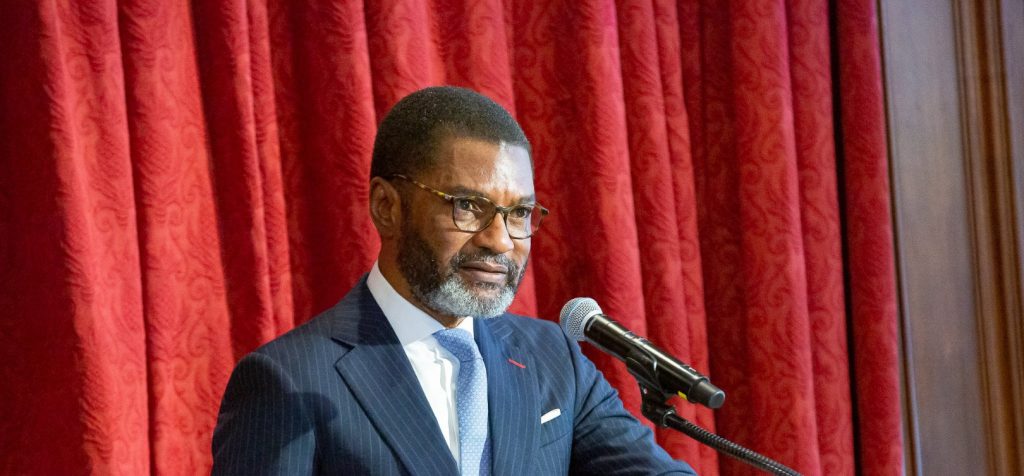Ben Ezechime, Enugu
Former Minister of Information, Frank Nweke, has faulted the plan by the Enugu Stare Governor, Peter Mbah to float an Airline to be known as “EnuguAir.”
In a statement on his official X (formerly Twitter) handle entitled: “#EnuguAir: Lofty dream, misplaced priority,” Nweke said that there was no direct or substantial impact of airline ownership on poverty reduction.
According to him, a 2022 survey by the National Bureau of Statistics (NBS) showed that in Enugu State, 63.1% of the population live below the poverty limit.
“This means that over 2.6 million people live below $1, N775.75 (Exchange rate at the Import/Export window, October 16, 2023) a day, and have little access to food, basic health, education, and sanitary infrastructure.
“#EnuguAir is not the answer to their daily hunger. If the state continues in the direction as shared by the Commissioner for Transportation, Obi Ozor, a few days ago, it will be a case of placing the cart before the horse and expecting progress,” he said.
Nweke stated that the economic and fiscal conditions in the state were not in favour of high-profile projects at the expense of basic human survival and dignity.
He explained that establishment of a storage and processing facility would facilitate export revenue from farm produce, the transportation can be achieved in partnership with existing airlines.
“Channelling resources into a state-owned airline will be a misplaced priority when the state faces more immediate dangers and challenges.
“The state needs solutions that address immediate challenges, ensure security, build trust with the people, and pave a path for progressive and sustainable projects.
“Available funds and public-private partnerships should be directed at urgent investments to ensure food security, reliable water supply, healthcare, power supply, schools, teacher training, skills and entrepreneurship development, and sanitary and road infrastructure,” he said.
Nweke, who was the Director General of Economic Summit Group, said that, with airfare at N130,000 for a round-trip to Enugu, minimum wage at N30,000 per month, and an unemployment rate of 31.16 per cent, more individuals would embrace a cheaper, albeit more arduous and time-consuming road transport as a preferred travel option.
He said: “The available data and economic reality of the majority of our citizens support the prioritisation of road infrastructure development in budget and economic planning.
“Highfalutin projects and captivating headlines without direct improvements in the human condition are not a viable economic development strategy. We must prioritise our people.”

